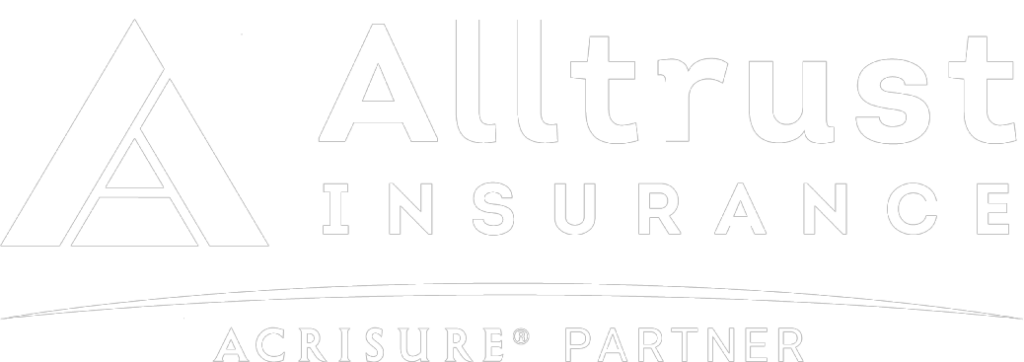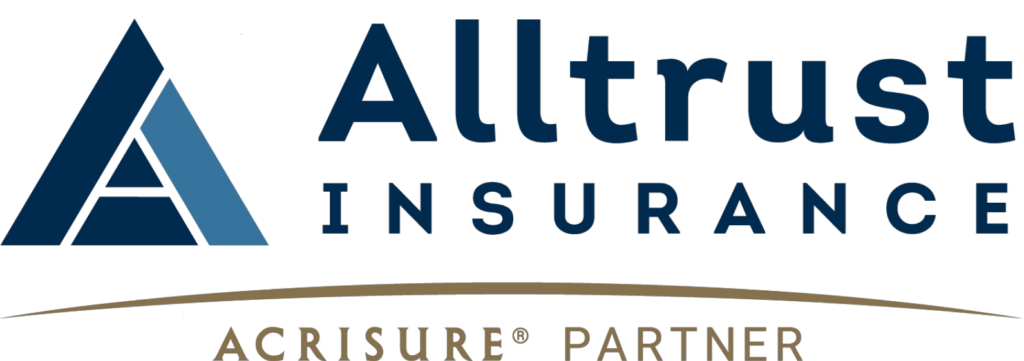The American Rescue Plan Act (ARPA), a $1.9 trillion relief bill, was signed by President Joe Biden on March 11, 2021. The bill includes extended unemployment benefits, direct checks to individuals, and other premiums. Although parts of the bill have been changed during its time with Congress, it’s largely similar to the initial version passed by the House. However, some key provisions have been changed or removed altogether. At Alltrust Insurance, we have put together an overview of the ARPA to highlight the most relevant provisions included in the bill.
Overview Of The American Rescue Plan
Direct Financial Aid
Just like the other two COVID-19 relief bills passed during the pandemic, this bill also features direct payments to Americans. Eligible recipients can expect $1,400 per person ($2,800 for couples), including adult dependents — a family of four could receive up to $5,600. However, it’s important to note that payment parameters are stricter this time around than with the last COVID-19 relief bills. The full amount will go to individuals earning under $75,000, with payments cut off entirely for individuals earning over $80,000 (or $160,000 for couples). Individuals earning an amount between those figures will receive a reduced sum.
Small Business Financial Assistance
The ARPA will not only help individuals by offering direct payments but will also help stimulate the economy by investing billions of dollars toward small business assistance. Here is the current funding breakdown:
- Economic Injury Disaster Loan program: $15 billion
- New grant program for bars and restaurants, specifically: $28 billion
- Paycheck Protection Program: $7.25 billion
Unemployment Aid
This bill extends two previously established pandemic unemployment assistance efforts: the Pandemic Unemployment Assistance Program and the Pandemic Emergency Unemployment Compensation program. This means that unemployed gig workers, freelancers, contractors and others who previously qualified for aid will continue to be eligible under these programs. The financial assistance provided by these two programs is set to expire mid-March, which pressured legislators to act quickly. The bill also provides enhanced unemployment assistance payments of up to $300 per week. Under the bill, these programs and their financial aid are extended through September, 6th.
Emergency Paid Leave
The Families First Coronavirus Response Act (FFCRA), signed into law on March 18, 2020, required certain employers to provide employees with paid sick leave or expanded family and medical leave for specified reasons related to COVID-19. That requirement has since expired on December 31, 2020.
The American Rescue Plan maintains the status quo, in that it does not require employers to offer leave under the FFCRA framework. However, the bill does provide tax credits for employers that voluntarily provide leave under the FFCRA framework through the end of September 2021.
Health Insurance
The bill subsidizes private health insurance premiums for unemployed workers through the Consolidated Omnibus Budget Reconciliation Act (COBRA). This provision allows individuals eligible for COBRA insurance coverage to maintain their employer-sponsored coverage after losing employment without having to pay any portion of the premiums through the end of September 2021. Additionally, the bill invests nearly $35 billion in premium subsidy increases for those who buy coverage on the ACA Marketplace.
Covered Plans
The COBRA subsidy in the ARPA applies to group health plans subject to federal COBRA or to a state mini-COBRA program. Plans subject to federal COBRA are plans maintained by employers with 20 or more employees on more than 50% of the business days in the previous calendar year. Small-employer plans, small governmental plans, and church plans are not subject to federal COBRA but may be subject to a state mini-COBRA law and therefore be covered by the ARPA’s COBRA subsidy provisions.
Eligible Individuals
Individuals are eligible for the COBRA subsidy if they:
- Are a qualified beneficiary of the group health plan; and
- Are eligible for COBRA or mini-COBRA continuation coverage because of the covered employee’s involuntary termination (unrelated to gross misconduct) or reduction in hours of employment.
The subsidy is not available for people who voluntarily quit their job. It is also unavailable for people who are eligible for Medicare or another group health plan, not including:
- A plan covering only excepted benefits;
- A qualified small employer health reimbursement arrangement; or
- A flexible spending arrangement.
Furthermore, individuals receiving a COBRA subsidy who become eligible for a group health plan or Medicare must inform the health plan for which they are receiving the subsidy of that fact, or face a penalty. The premium subsidy is not counted as gross income.
What’s Not In The Bill?
A minimum wage hike to $15 per hour — one of the most discussed provisions from the initial bill — has been removed from the final version due to strict rules governing budget bills in the Senate. Additionally, the bill does not include an extension of the eviction moratorium, which is set to expire on March 31, or an expansion of mandated paid sick and family and medical leave. While neither were included in the original House bill, these were popular provisions contained within one of the previous bills.
Understanding How The ARPA Impacts Your Business
The new $1.9 trillion relief bill contains many provisions, some of which employers may find complex. Because of this, it is critical that business owners understand the ins and outs of the bill as it may impact their organization firsthand. At Alltrust Insurance, we provide HR consulting services and employee benefits for businesses like yours. If you have any questions about the complexities of the American Rescue Plan Act, contact us today and we’ll help you navigate them.




